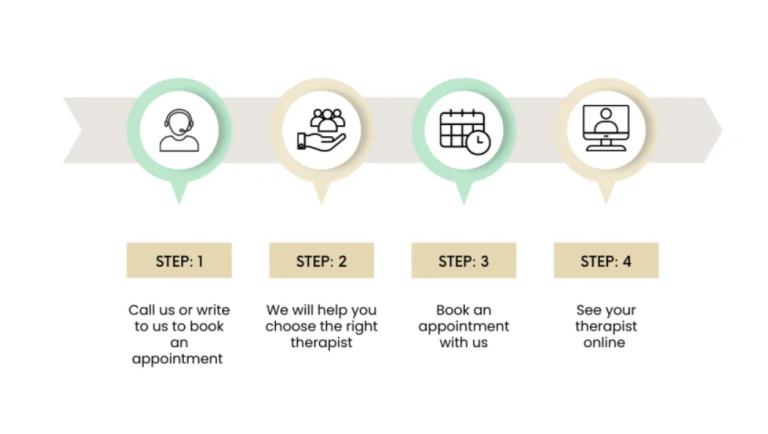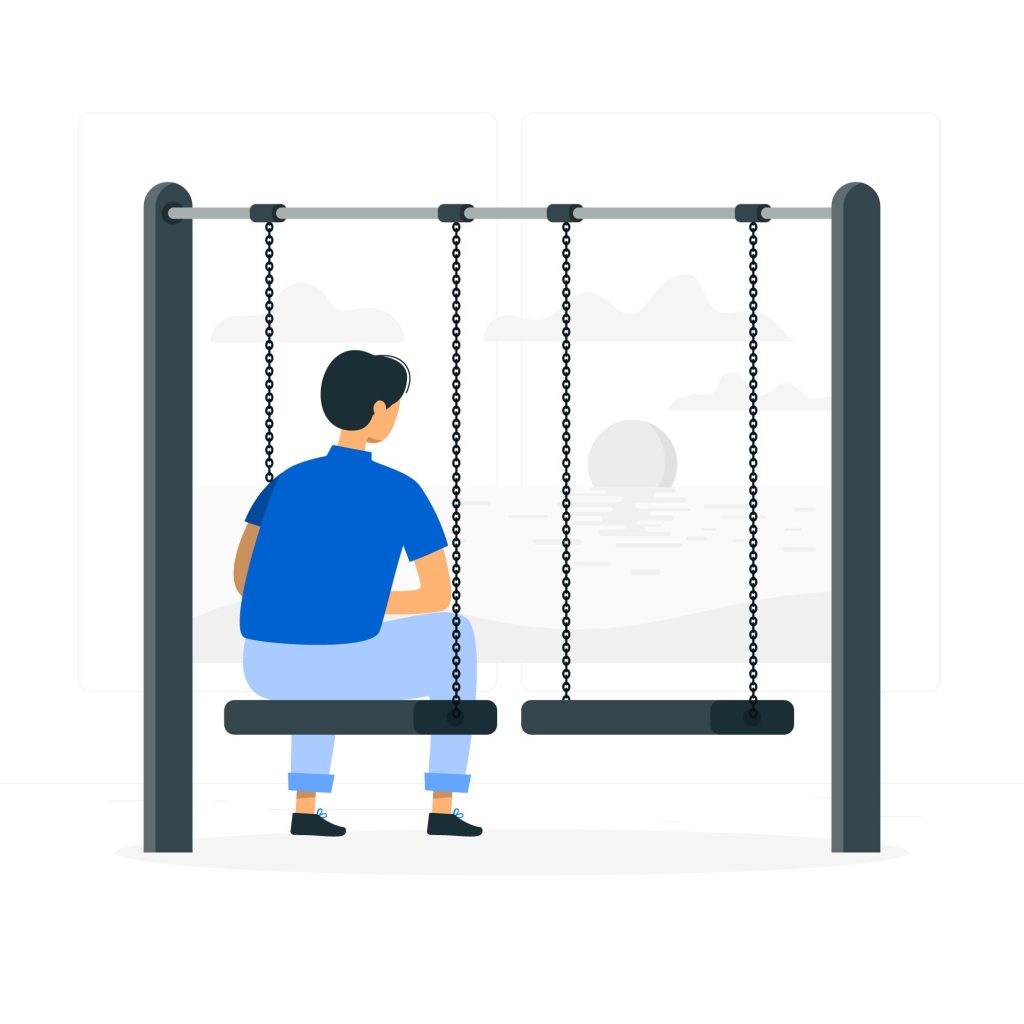
How To Cope With Loneliness
Have you ever felt alone even when you are surrounded by loved ones around you? You have people around that love and care about you, and yet, you feel this deep emptiness that won’t go away. This empty, disconnecting experience is known as “loneliness.”
35000
Sessions
22+
YEARS EXPERIENCE
500000+
LIVES IMPACTED
What Is Loneliness?
Loneliness is a feeling that makes you feel disconnected from others. Many people describe it as a feeling that makes it difficult to relate and bond with people around you. You feel disconnected from conversations, you feel invisible. In a sense, you are in a room full of people, and yet, you “feel” alone. Many people have experienced it at some point.
Everyone feels lonely from time-to-time. It is a normal emotion, just like happiness, sadness, and anger. However, feeling lonely for long periods of time can create cracks in the relationship you have with yourself and your dear ones.
Every relationship requires consistent effort from both people involved for it to stay strong and healthy. When you are lonely, it can be difficult to show up as your best self in relationships.
You may want to keep to yourself, and not engage in conversations with friends and family. This can poorly impact your relationships.
Therefore, understanding the experience of loneliness and its root cause is essential to improve your mental health and interpersonal relationships.
Being Alone vs Feeling Alone
Loneliness is different from being alone. When you are not feeling lonely, you feel content and at peace when you are by yourself.However, when being alone feels painful and unbearable, you are probably feeling lonely.Loneliness often arises from a gap between what you want in your social connections, versus what you get from them.
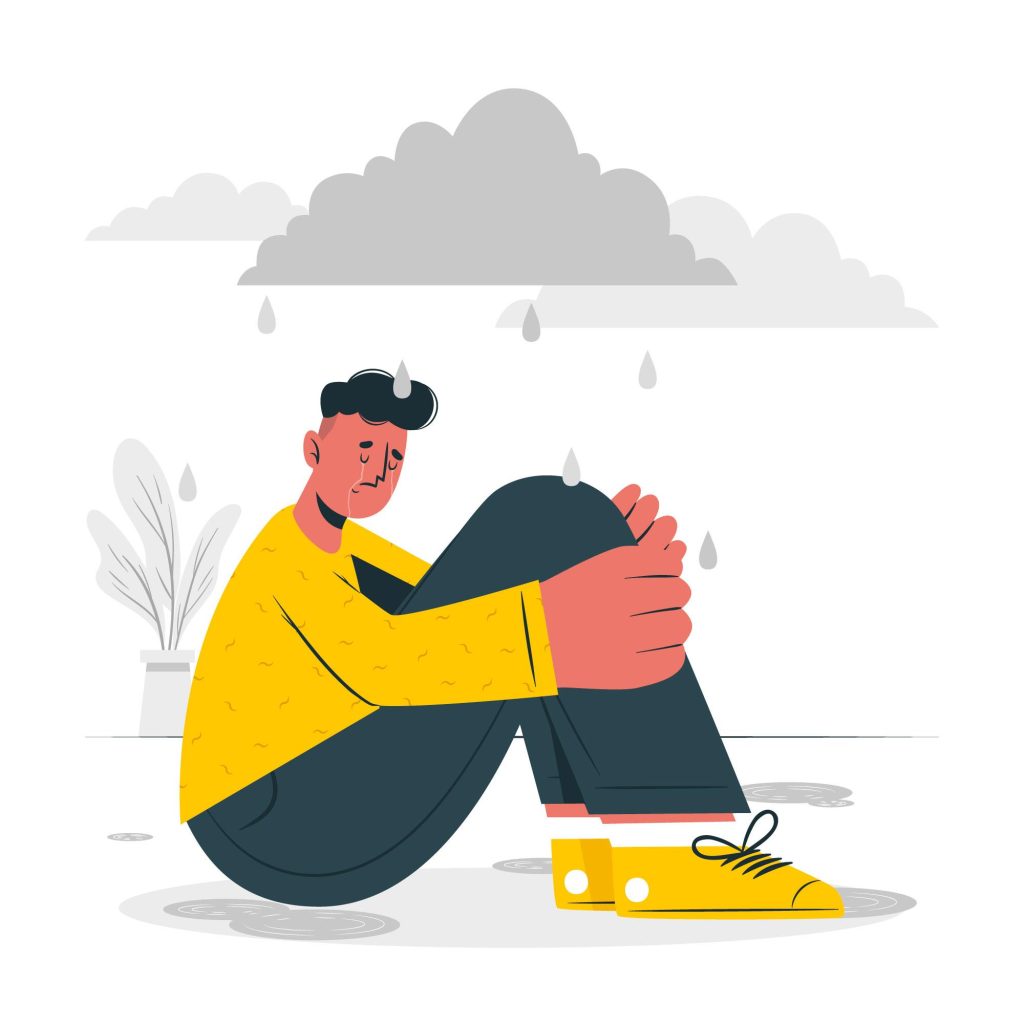
What Happens When You Feel Lonely?
When you are feeling lonely, your mind is preoccupied with thoughts of not being good enough for others, or them not being enough for you, or with feelings of not fitting in with your group. These thoughts can make you want to distance yourself from those around you.
Consider this example, you are invited for a party by your friends. You are happy to see that you are invited. However, a few moments later, you begin to think and feel like you wouldn’t fit in with the crowd there. You feel like you are boring and the party would be better off without you.

These thoughts begin to affect how you feel. You start spiralling into a deep, dark space and begin to agree with these thoughts.
You really wanted to be at the party with your friends. But, your loneliness has convinced you that you are undeserving of a good time. And now, you decide to decline the invitation and stay at home, even though you wanted to be out with your friends.
That is how loneliness works. The longer the feeling of loneliness persists, it becomes easier for you to start believing in these thoughts, as they are playing in your mind constantly.
How Can You Know If You're Lonely?
As loneliness is a layered, subjective experience, it can bring up a mix of different thoughts, experiences, and body sensations.
Sometimes, you could be feeling sad because of feeling like you don’t have any close friends. On other occasions, you could feel irritable, or jealous, when you see how others are having a great time with their loved ones in real life or social media.
Therefore, loneliness can make you feel a myriad of feelings, making it difficult to identify it.
We have noted a few of the behaviours, thoughts, and bodily sensations related to loneliness below:
Behaviours
- Disconnecting from other people
- Spending time only with yourself
- Using excessive social media
- Not being able to relate to others
- Feeling burnt out after social interactions
Thoughts
- ”I don’t want to be here”
- ”People are better off without me”
- ”I am better off alone”
- ”I wish I had more friends”
- ”I don’t feel loved by anyone”
- ”I feel unwanted by others”
Physical Changes
- Body pains
- Unexplained flu, health challenges
- Tiredness and fatigue
- Changes in appetite
Mental Health Challenges
- Suicidal Thoughts and Feelings
- Depression
- Anxiety
- Social Anxiety
- Sleep Issues
- Low Self-esteem
- Addiction
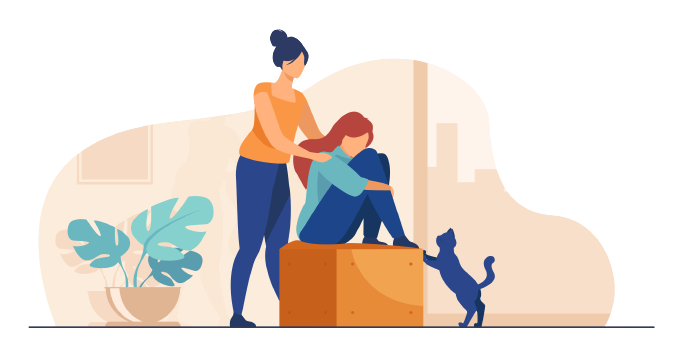
Do you feel lonely?
Counseling can be a great tool for you to understand, manage and overcome your loneliness; and lead a happy, fulfilling life.
We are here for you.
How Do I Cope With Loneliness?
Loneliness is an emotion that makes you want to pull away from people.
Therefore, the solution to resolve loneliness is to go towards people and focus on building meaningful connections.
When you are feeling lonely, you may wish to have “more” friends, or have a larger social circle.
However, loneliness can’t be resolved by having more connections. Instead, it gets better when you have authentic, real, deeper bonds with the people around you.
Furthermore, you should also work on identifying how certain beliefs and behaviours can contribute towards sustaining loneliness.
Here are some other ways you can manage feelings of loneliness:
- Learn to enjoy your own company: Often, loneliness can stem from a lack of self-esteem. Therefore, getting to know yourself like a new friend can help you create a positive relationship with yourself. This can look like: taking yourself out for a cup of coffee, joining a new course, working out by yourself, or going on a solo trip. By enjoying activities alone, you start to cultivate a positive relationship with solitude, and ultimately, with yourself.
- Connect with new people: Feeling lonely can sometimes arise from a lack of excitement in your current relationships. Meeting new people can bring novelty into your relationships, which can lower the feelings of loneliness. You can do this by using apps, joining clubs, and activities which can help you to engage with new surroundings and people.
- Try therapy: Loneliness can feel complicated. You may feel like your thoughts and emotions are all over the place and confusing. Therefore, taking help from a specialist, like a psychologist, who understands these patterns, can help you overcome them through therapy.
How Therapy Can Help In Coping With Loneliness?
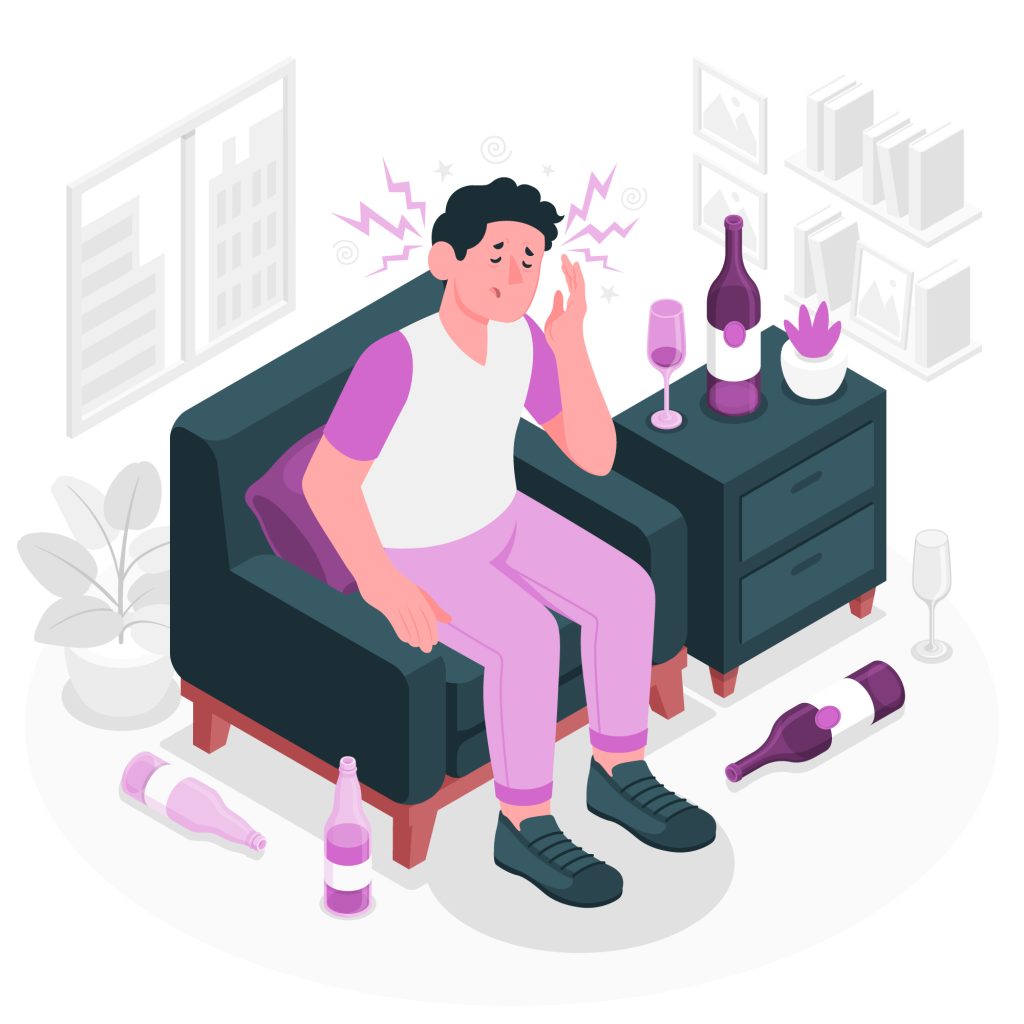
What if you had a non-judgmental and supportive individual to offer you insights on how you can overcome loneliness?
That’s how a psychologist can help you.
When you are feeling lonely, it can be difficult to see how your patterns and behaviours can contribute to loneliness.
Sometimes, patterns such as relying too much on others, having high expectations from others, and comparing your relationships with others, can be the root cause of our loneliness.
These patterns or tendencies can be hidden from plain sight. Therefore, therapy can create clarity about these sub-conscious patterns, and help you look at your life from a fresh, unbiased perspective.
Also, having a therapist who you can trust and speak to can also lower the feelings of loneliness you experience with others. Thus, the relationship you have with your therapist can heal the relationships you have with others.
When Should You Seek Therapy To Cope With Loneliness?
A good indicator for seeking therapy for loneliness is when you feel like it is damaging the quality of your life and relationships. If you feel like you are unable to manage your loneliness, or are using substances or engaging in addictive behaviours to overcome this feeling, it could be a sign for you to get started with therapy.
Loneliness can be a challenging emotion to process. It can keep you disconnected from the relationships that matter to you.
However, feeling lonely from time-to-time is normal as it helps you notice the need for keeping people close to you. Sometimes, feeling lonely may be a reason you decide to review your life and start to make positive shifts. It can be an opportunity for you to get better and seek more authentic social relationships.
You deserve good, positive, wholesome social relationships that make you feel wanted, supported, and cared for. Therefore, seeking help for loneliness through counselling and other self-help measures can help you nurture your bonds with others.
Meet Our Therapists & Counselors and Book an Appointment
Our therapists are all trained psychologists qualified in helping people work through their difficulties. We work with individuals across different populations. We use an eclectic range of psychotherapies from solution oriented to insight oriented to holistic meditative approaches, depending on the need and comfort of the clients.
"What Our Clients Say about Our Online Counseling Services"






